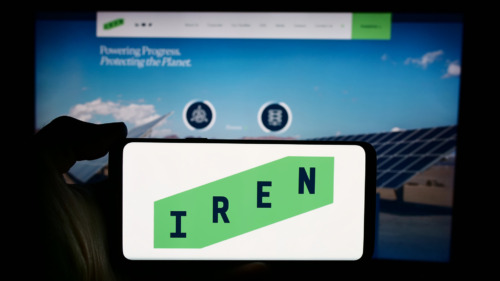BlackRock Updates Filing in Ongoing Spot Bitcoin ETF Saga

- BlackRock updates its Bitcoin ETF proposal with a prepaid model to mitigate SEC’s risk concerns.
- The revised model reconciles In-kind ETF redemption with Cash model advantages.
What’s The Latest?
BlackRock has revised its Bitcoin ETF application to address the SEC’s concerns about market manipulation and broker-dealer registrations. The revised approach involves a prepaid model where the offshore market maker pays cash to the broker-dealer before receiving ETF shares. This aims to reduce risk on the broker-dealer’s balance sheet. BlackRock argues that keeping an in-kind redemption structure, albeit modified, offers advantages such as lower costs and reduced manipulation risks. They believe these changes will help the ETF meet regulatory requirements and benefit shareholders.

Here’s The Details
The BlackRock model addresses concerns with the In-kind ETF redemption method, particularly in areas where it was less favourable compared to the Cash model. This approach retains the benefits of the In-kind model for Bitcoin ETFs, which are significant compared to some Cash models.
- Lower transaction costs
- Execution risks borne by crypto market makers instead of investors
- Superior resistance to market manipulation
- Removal of need for issuers to finance or pre-fund sell trades
- Reduction in risks of operating events
- Simplicity and harmonisation across the ecosystem given significantly lower variance on how In-kind models can be executed vs. Cash models
Source: BlackRock/ iShares/ SEC.gov
While an In-Kind model would be preferred, observers would be pleased to have a cash create model sooner rather than later, although some think it’s only a matter of time to get both.
Approval in Early 2024?
The effort to establish a spot Bitcoin ETF has gained traction with major financial institutions like BlackRock and Fidelity Investments applying to the SEC. However, the SEC has historically denied such ETFs due to concerns about market manipulation and insufficient surveillance. In their latest feedback, the SEC continues to focus on these issues, particularly the lack of clarity in the applications regarding the specific spot exchanges responsible for surveillance-sharing agreements. Most observers still believe that the SEC will come around and approve the applications in January 2024.







